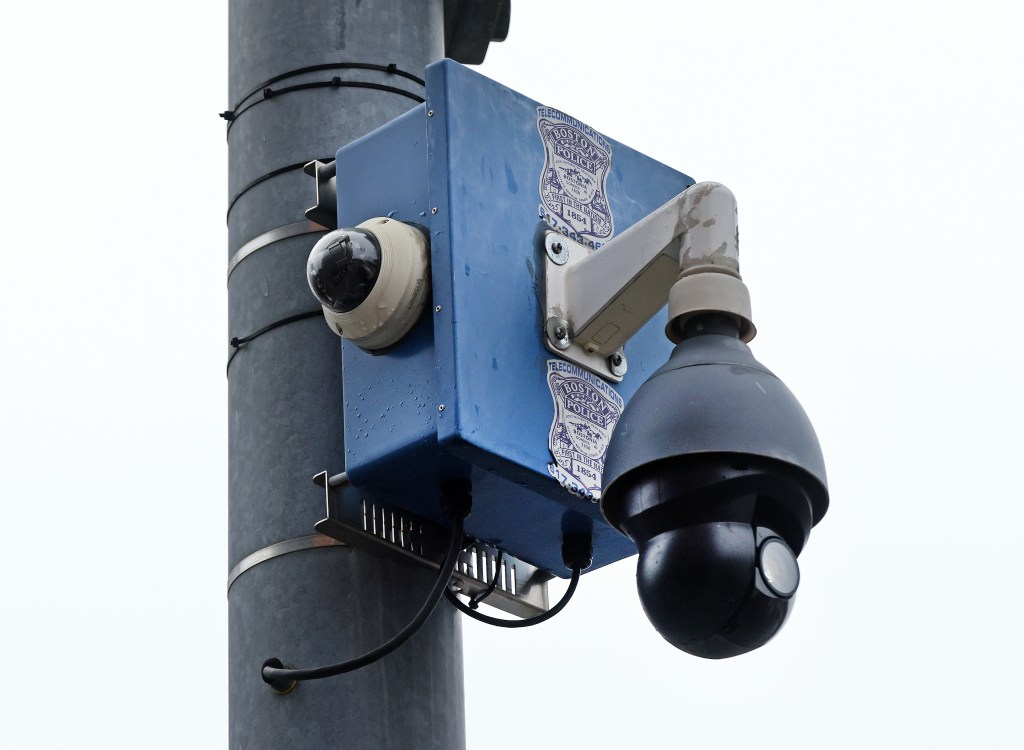Boston Police communications equipment installed on a utility pole on Tremont Street. This often includes the Shotspotter system. (Nancy Lane/Boston Herald)
It's late at night in Boston. Gunshots ring out, but no one reaches for their phones. Maybe someone else has called 911. Maybe the shooter will find out who reported it. It's best to stay away.
And the shooting victim, who could have been saved with quick intervention, died on the street.
That's the premise behind ShotSpotter technology, which is used in police departments across the country. That is, until progressive lawmakers backed out of the contract in the name of civil liberties and racial prejudice.
The ShotSpotter sensor detects audio and quickly transmits gunshots to prompt police response, and the technology came under scrutiny from the Boston City Council during a Boston Police Department hearing this week, the Herald reported. I received it. The city's equipment contract expires next month.
Multiple City Council members pointed to a report released last month by the American Civil Liberties Union, citing BPD public records that found nearly 70% of ShotSpotter alerts had no evidence of a shooting from 2020 to 2022. It is said that it was found that
The ACLU further argued that the same city records show the technology is primarily used in communities of color, particularly Dorchester and Roxbury.
This is the argument used by the city of Chicago, which recently decided to phase out the use of ShotSpotter. This system will be in place until November 22nd.
ShotSpotter is essentially a surveillance tool and an enemy of progressives. So is the idea of bringing crime-fighting technology to areas where gun violence is occurring.
With shootings in Dorchester and Roxbury in the news, why doesn't it make sense to use ShotSpotter devices in these areas? Get police to the scene of a shooting detected by audio surveillance as quickly as possible This can make the difference between a victim going to the hospital for treatment or a family planning a funeral.
BPD Chief Michael Cox emphasized that the technology is designed to save lives and help prosecute and reconstruct crimes, especially when shots are fired in the middle of the night and people in the area do not call 911. he pointed out.
Ralph Clark, CEO of SoundThinking, which owns ShotSpotter, told Politico earlier this month: That's a really big problem. People don't call because they don't want to be a snitch. Or someone assumes someone else is calling. In other words, gun violence becomes the norm. That's crippling the police. ”
And it destroys vulnerable communities.
Families, especially children, need an environment in which they can grow and thrive. Just because no one called the police, you shouldn't have to open your door to a police officer delivering the news that your loved one was shot and bleeding on the sidewalk.
Public safety should be a top priority for Boston city leaders. Give the Boston Police Department the tools it needs to continue its laudable work fighting crime in our city.



